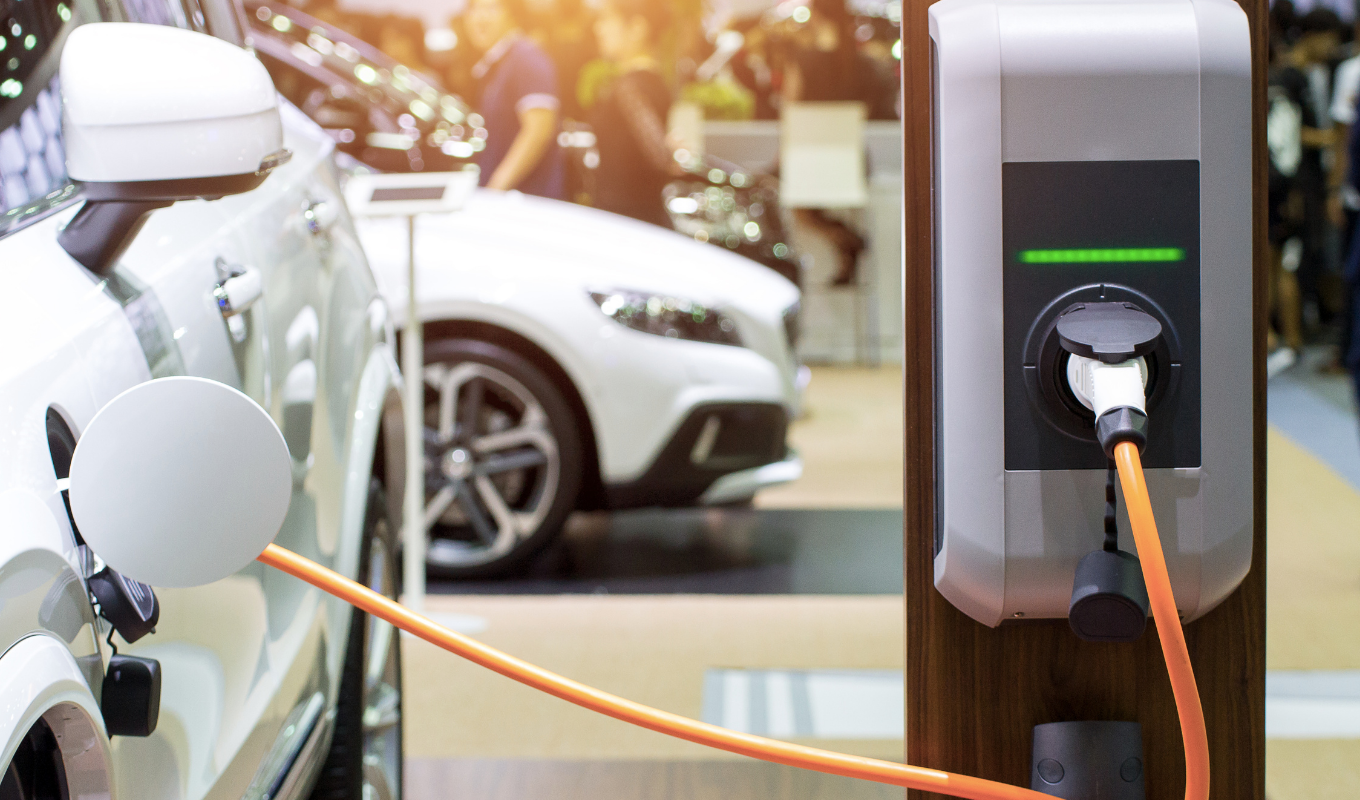Chinese electric vehicle (EV) maker Nio has teamed up with a subsidiary of the state-owned electricity provider to co-build 100 battery-swap stations in 2021.
Nio, whose market value has recently surpassed that of General Motors and BMW, and an EV service subsidiary of the State Grid have signed a framework agreement for an EV energy service cooperation.
The battery-swap stations will support both battery pack swaps as well as the fast recharging of EVs.
Read more: India’s new offshore gas production could shake up Asian LNG markets
The Nasdaq-listed EV maker and State Grid Electric Vehicle Service Co Ltd, a wholly-owned subsidiary of the state-owned electricity provider, will offer discounts and subsidies to promote the consumption of clean energy.
They will be aiming to provide at least 100 million kilowatts of clean energy for new energy vehicles in 2021, Nio said.
The two are are also jointly working on the development of V2G (vehicle-to-grid) technologies, and will encourage EV users to charge batteries during off-peak hours, and feed power into the grid during peak hours, the statement said.
Nio is one of the few EV makers in China which has been promoting battery-swapping as a faster, easier and more economic alternative for on-the-road energy replacement.
However, most battery-swap stations have been built in top-tier cities and the number is still small at present. Even though it only takes a few minutes to change the battery, it often takes an EV user a long time to travel to a station and queue up.
HIGH COSTS
As of May of this year, Nio had built 131 battery-swap stations in 58 cities of China, which means there are fewer than three stations on average in a city. The renting cost of batteries is also very high.
State-owned BAIC Group, another battery-swap advocate, also signed a strategic partnership agreement with the State Grid’s EV service in July that would see it build another 100 battery-swap stations by June of 2021.
BAIC announced a plan in 2017 to invest 10 billion yuan (US$1.5 billion) to build 3,000 battery-swap stations and sell 500,000 battery-swap EVs around China by 2022. In Beijing, where the company is based, it plans to build one battery-swap station in every 2km radius, bringing the penetration closer to gas stations.
While most of Nio’s users are high-end consumers, most of BAIC’s EV users are taxi drivers or ride-hailing drivers. As of July of this year, China was home to 457 battery-swap stations, and Beijing had the largest number of 184 stations, according to the research of Essence Securities.
GOVERNMENT BACKING
The development of battery-swap services has accelerated this year, propelled by government support, Li Zhe and Cui Yifan, analysts from Essence Securities, said.
“The battery-swap model is blessed by the government because it can help to propel the development of China’s new energy vehicle (NEV) industry,” they said, adding that developing NEV can help China reduce dependency on western technologies, reduce emissions, and reduce China’s reliance on oil imports.
Battery-swapping also benefits the consumers, saving them from buying expensive batteries and maintaining them, as well as explosion hazards, they said.
In April, the government said it would only provide subsidies for purchases of EVs that are priced below 300,000 yuan ($45,900), ruling out luxury cars, but battery-swap models were exempted from the cap.
In May, the State Council’s work report included EV battery-swap stations in China’s “new infrastructure” investment stimulation strategy.
INNOVATIONS SUPPORT
In July, China’s National Energy Administration announced that it would actively support innovations in EV battery-swap and charging business models. The Ministry of Industry and Information Technology also said it encouraged automakers to develop battery-swap EVs and that it would work with other departments to promote the construction of battery-swap infrastructure.
As EV adoption and battery-swap penetration increases, the securities brokerage expects that battery-swap equipment manufacturing would be a 18 billion yuan ($2.75 billion) market in 2025.
According to the research of Orient Securities, Nio has 5.44% of the overall EV market share in China by sales volume in the first three quarters, while the largest players, BYD Auto and Tesla, have 16.19% and 16.08%, respectively.
Nio and Tesla split the luxury EV segment of models above 400,000 yuan ($61,200), and account for 67% and 33% respectively.
After failed attempts to create a battery-swap programme in the US in its early years, Tesla seems determined to increase the penetration of its Supercharger stations. Tesla announced on Saturday that it had added five new Supercharger stations in China, bring the total number in China to 600.
























